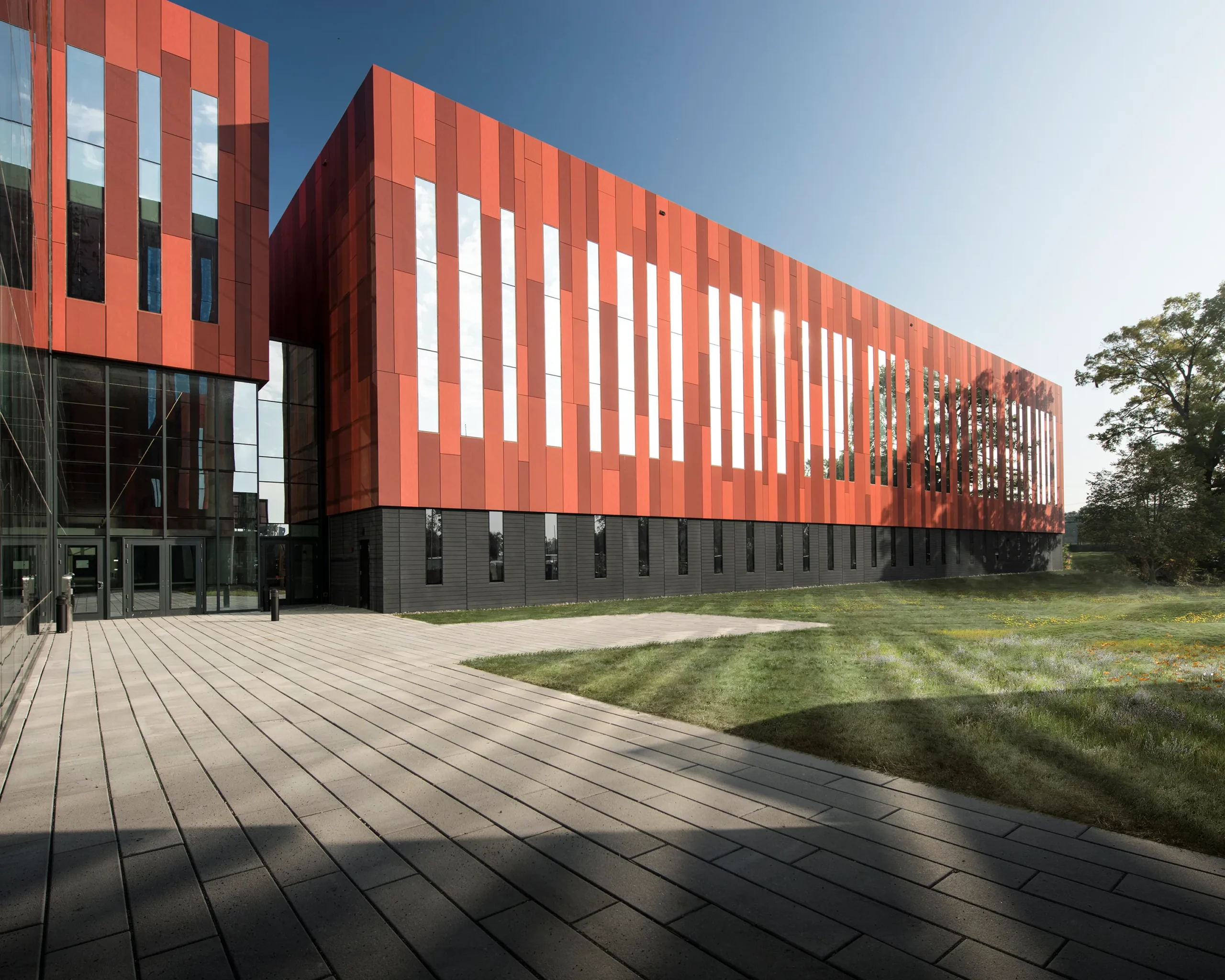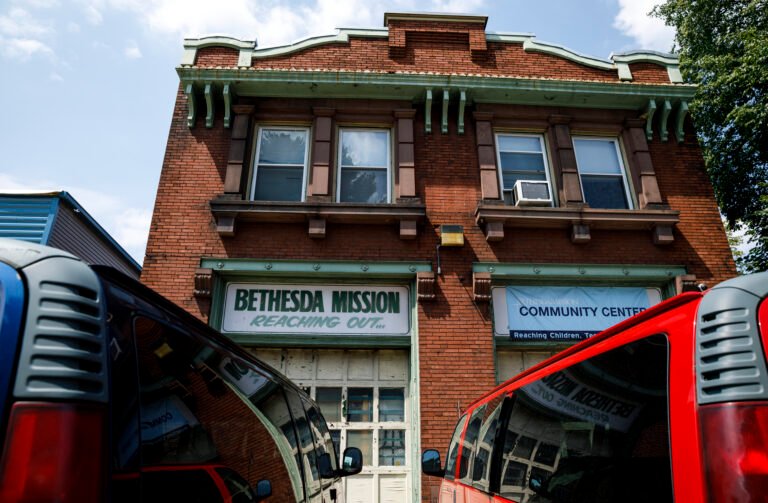Intelligence Community Campus Bethesda: Complete Guide
The Intelligence Community Campus Bethesda (ICC-B) is a secure federal facility in Bethesda, Maryland. It functions as a central hub for multiple U.S. intelligence agencies. The campus consolidates offices, training centers, and specialized operations in one location. Its design supports interagency collaboration, security, and efficiency.
Historical Development of ICC-B:
Early Transformation
The site originally served the U.S. Navy as part of the Naval Medical Center annex. Following the 2005 Base Realignment and Closure Act, parts of the property were repurposed. In 2011, it officially transitioned into a campus for intelligence operations.
Strategic Purpose
The Intelligence Community Campus Bethesda was created to consolidate federal offices. It reduced dependence on leased facilities spread across Washington, D.C. The decision followed intelligence reform directives after the September 11 attacks.
Location and Structure:
Geographical Placement
The campus is located in Montgomery County, adjacent to Rockville Pike. Its position allows quick access to Washington, D.C., Fort Meade, and the Pentagon.
Campus Layout
-
Erskine Hall: Main operations building.
-
Lingamfelter Hall: Administrative and training facilities.
-
Roberdeau Hall: Conference and collaboration space.
-
Parking Complexes: Multi-level structures for employees.
-
Perimeter Security: Advanced fencing and controlled entry.
Mission and Functions:
Defense Intelligence Agency Role
The Defense Intelligence Agency (DIA) manages the campus. It conducts defense analysis, foreign military assessments, and policy support.
Interagency Collaboration
ICC-B hosts multiple tenants. These include liaison officers from the CIA, NSA, NGA, and the Office of the Director of National Intelligence. The campus ensures smoother data sharing and reduces duplication of tasks.
Facilities and Infrastructure:
| Building Name | Primary Function | Notable Feature |
|---|---|---|
| Erskine Hall | Operations and analysis center | Secure Compartmented Facilities |
| Roberdeau Hall | Conference and collaboration space | Large briefing auditoriums |
| Lingamfelter Hall | Training and administration | Language training facilities |
| Parking Structures | Employee vehicle capacity | Secure gated access |
Security Features:
Physical Security
-
Perimeter barriers and anti-ram defenses.
-
24/7 guard stations with armed personnel.
-
Controlled entry points using biometric scanning.
Cybersecurity
-
Use of JWICS, SIPRNet, and NIPRNet for communication.
-
Advanced intrusion detection systems.
-
Compliance with Risk Management Framework protocols.
Workforce and Employment:
Staff Composition
-
Intelligence analysts.
-
IT and cybersecurity specialists.
-
Foreign language linguists.
-
Contracted support staff from defense firms.
Training Opportunities
The campus hosts regular training in:
-
Structured analytic techniques.
-
Counterintelligence operations.
-
Cyber defense strategies.
Community Impact:
Economic Influence
The workforce contributes significantly to Montgomery County. Local businesses benefit from employee housing and spending.
Environmental Measures
The site includes LEED-certified buildings. Energy-efficient systems reduce environmental impact. Stormwater management protects nearby ecosystems.
Future Expansion:
Federal planning documents show continued modernization of ICC-B. New SCIFs and IT upgrades are expected. Workforce growth is projected, particularly in data science and cybersecurity roles.
Key Facts at a Glance:
-
Location: Bethesda, Maryland.
-
Managed by: Defense Intelligence Agency.
-
Year of Transformation: 2011.
-
Primary Tenants: DIA, ODNI, NCSC, NMEC.
-
Security: Biometric systems and classified networks.
Frequently Asked Questions (FAQs):
1. What is the Intelligence Community Campus Bethesda?
The Intelligence Community Campus Bethesda is a secure federal complex in Maryland housing multiple U.S. intelligence agencies.
2. Which agencies are located at ICC-B?
The primary tenant is the Defense Intelligence Agency, along with ODNI, NCSC, NMEC, and liaison offices from CIA, NSA, and NGA.
3. When was ICC-B established?
The campus was officially converted for intelligence use in 2011 after federal restructuring initiatives.
4. Why is ICC-B important?
It strengthens interagency collaboration, reduces costs, and enhances national security operations.
5. Is ICC-B accessible to the public?
No. ICC-B is a restricted facility with high-level clearance requirements.
6. What facilities are available inside ICC-B?
It includes SCIFs, conference halls, IT centers, cafeterias, and fitness facilities for cleared employees.
7. How does ICC-B benefit Montgomery County?
It contributes to the local economy through housing, transport, and retail demand.
8. What future developments are planned?
Future upgrades include cyber infrastructure improvements and additional secure buildings.
Conclusion:
The Intelligence Community Campus Bethesda is a vital U.S. intelligence hub. Its secure infrastructure, strategic location, and interagency integration make it central to defense operations. With ongoing modernization, ICC-B will remain essential in shaping intelligence capabilities in the future.


